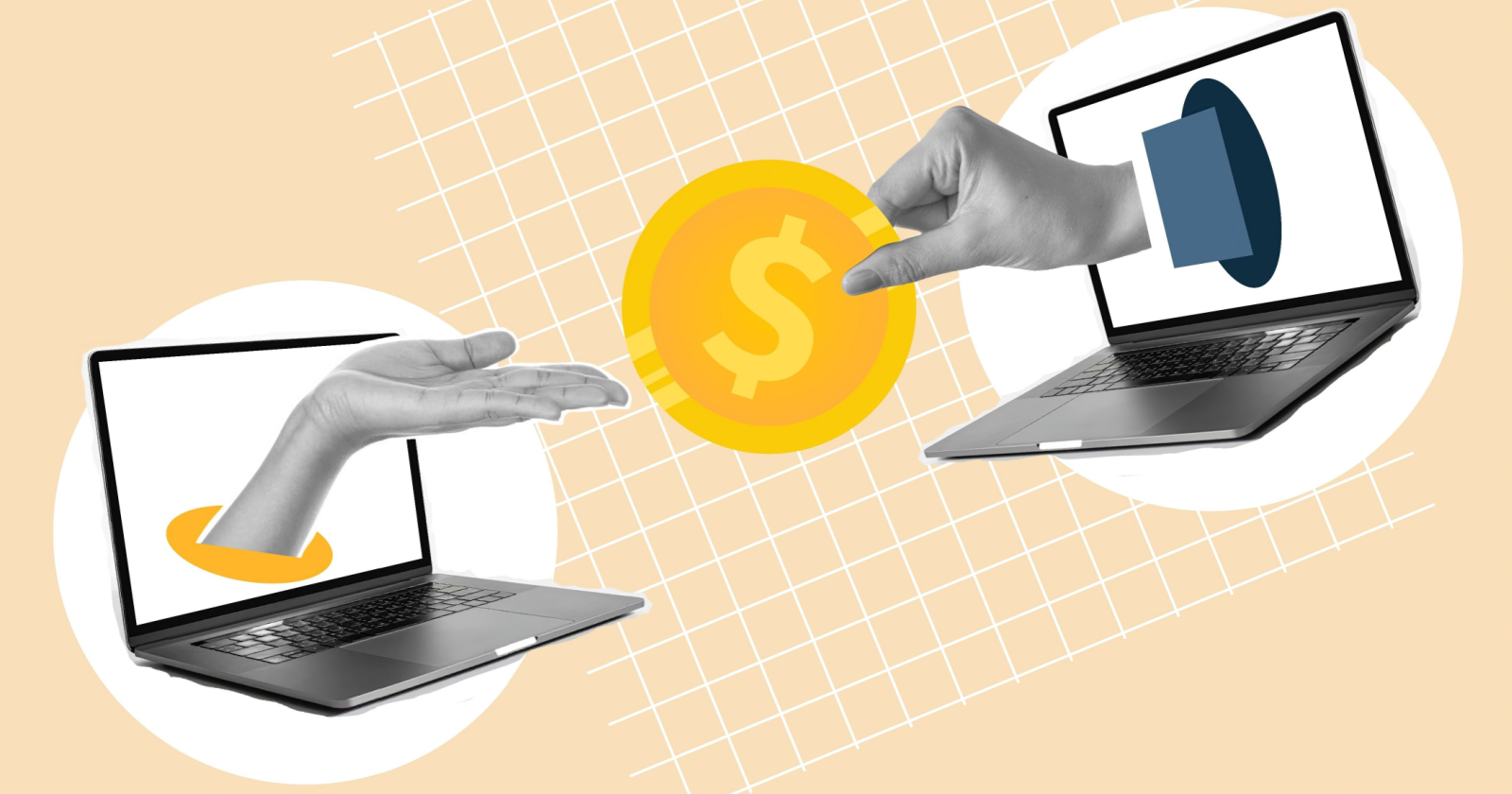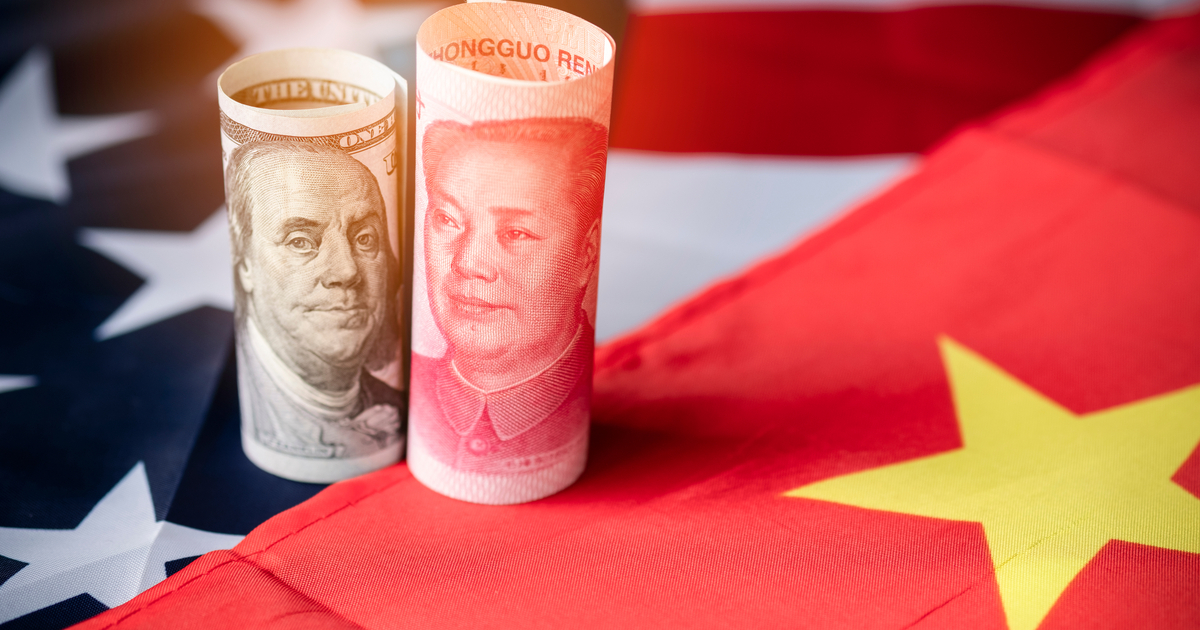Pepsi debuts nitrogen-infused Nitro Pepsi
Tiny bubbles carry a creamy smooth fizz to the cola space, and aim for consumers who eschew soda.

Pepsi today is introducing a pair of nitrogen-infused colas that execs say will appeal to non-soda drinkers behind a smoother texture and more creamy mouthfeel.
Nitro Pepsi, in Draft Cola and Vanilla Draft Cola flavors, is available now for pre-orders at Walmart.com and will be introduced on tap at Caesar’s High Roller Las Vegas beginning next month. A national rollout is set for March 28.
In a mature category that has never wanted for novel flavor introductions and ingredient experimentation, relatively little has been done to upset convention in how soft drinks are carbonated, Todd Kaplan, VP of marketing for brand Pepsi, said in an email interview. Nitrogen beverages produce tiny bubbles that bring a noticeable difference to the look and feel of the drink—a creamier texture and a foamy, cascading head, that Kaplan believes delivers a more indulgent experience for drinkers.
“Nitro is a big bet for us as an organization, and we believe it will deliver strong results given what we know about some consumers’ desire for an alternative to a standard cola,” Kaplan said.
Pepsi first tested a nitro beverage in 2019 and would have liked to have executed a rollout sooner, but the onset of the COVID pandemic rejiggered the company’s priorities and led to a delay, Kaplan said. It also gave Pepsi a chance to refine the offering based on results of consumer testing two years ago.
Register for Ad Age Next: Health & Wellness at AdAge.com/NextWellness.
“Our most interesting segment was non-cola drinkers – we had a substantial percentage of this group who don’t typically drink cola, mostly due to the fact it is commonly in a soda form with higher carbonation and larger bubbles. These consumers are most excited about Nitro Pepsi, because of its smoother texture and creamy mouthfeel due to the smaller bubbles," Kaplan said.
See which brands are buying ads in Super Bowl 2022.
Nitrogen-infused bubbles has long been a domain of Guinness, Diageo’s Irish beer brand, but more recently has found success in cold-brew coffee. “We are seeing a lot of popular growth around nitrogen infused beverages, and felt that this technology enabled us to address one of the key barriers for people to consuming soda,” Kaplan said.
Like some Guinness packages, the bubbles in Nitro Pepsi are released from a widget placed in the bottom of every can.
“While soda has been a beverage of choice for so many consumers over the past century, some people still cite heavy carbonation as a barrier to enjoying an ice-cold cola. With this in mind, we wanted to come up with a new way for people to enjoy delicious Pepsi cola, but with a new experience around the bubbles,” Kaplan said. "Much like how nitrogen has transformed the beer and coffee categories, we believe Nitro Pepsi is a huge leap forward for the cola category and will redefine cola for years to come.”
Pepsi is releasing the drinks in elongated 16-oz. cans and like its beer cousins, is encouraging consumers to drink from a chilled glass instead of directly from the can, or using a straw.
Nitro continues Pepsi's strategy of taking its trademark cola brand in new directions with a range of permanent and limited-time varieties that in recent years have included everything from a marshmallow cola co-branded with Peeps to a “Cocoa” Cola. Meanwhile, its top competitor, Coca-Cola Co., has begun a new innovation program called Coca-Cola Creations that involves a series of limited-edition flavor varieties whose names don’t sound like flavors at all. The first one is called Coca-Cola Starlight is a red-tinted liquid that the brand is pitching as “space flavored.”
PepsiCo reported earlier this month that its North American beverages business saw sales climb by 12% on a 7% volume increase in its fiscal fourth quarter, although operating profits dipped by 10% on higher commodity costs and increased marketing expenses. Pepsi’s commodity costs were up by 18% for the fiscal year.

 BigThink
BigThink 
































